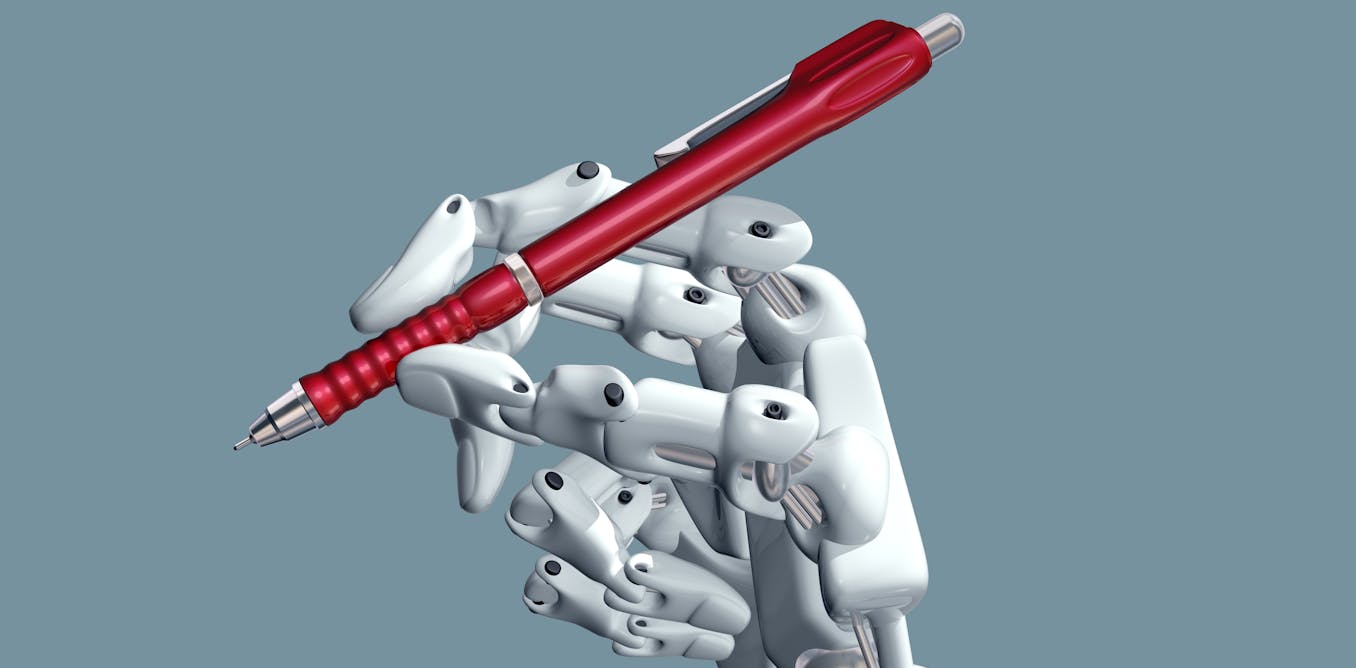Artificial intelligence (AI) is transforming the education sector, particularly in academic writing. It can assist with tasks like grammar checks, style improvement, and data analysis, ultimately saving time and enhancing scholarly output. However, the line between AI-assisted and AI-generated content raises ethical concerns. While AI-assisted work, predominantly authored by individuals, is generally acceptable without formal acknowledgment, AI-generated content—produced directly by AI—requires clarity in disclosures due to issues surrounding originality and copyright. The Committee on Publication Ethics guidelines stress that authors must ensure accuracy and integrity, especially when using AI. Any substantial AI-generated content should be explicitly referenced, along with details of the AI tool and prompts used. As the role of AI evolves, it’s crucial for authors to maintain transparency and rigor in their academic work, ensuring that the benefits of AI don’t compromise academic integrity. Collaboration and ongoing revisions of guidelines will be essential in navigating this landscape.
Source link

Share
Read more